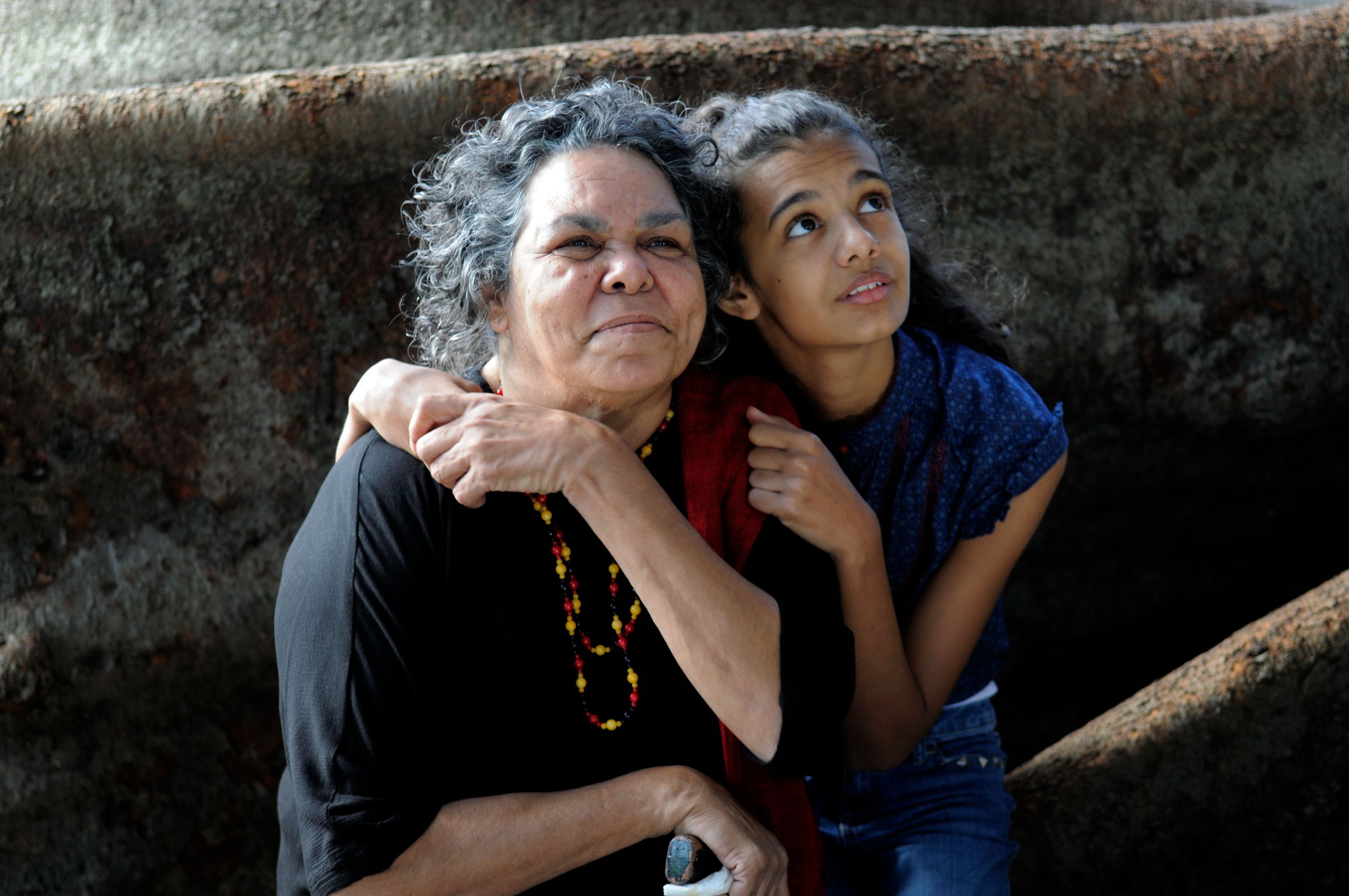
2008 Laura

Decade Overview
The 2000s began with optimism.
Sydney hosted the Olympic Games in 2000, showcasing Australia on the global stage. But this hope was soon tempered by fear and division.
- 2001: The September 11 attacks in the USA reshaped global politics. Australia responded with increased surveillance and military involvement in Afghanistan and Iraq.
- 2005: The Cronulla riots exposed racial tensions and sparked national debate about multiculturalism and belonging.
- 2008: Prime Minister Kevin Rudd delivered the Apology to the Stolen Generations on 13 February. That evening, Elder Matilda House performed the first Welcome to Country in Parliament House—marking a cultural turning point.
- 2008: The Global Financial Crisis hit, but Australia avoided recession due to strong mineral exports and government stimulus.
First Nations Focus: The Apology and Welcome to Country offer key moments of truth-telling and cultural recognition. Students can explore how these relate to personal and national responsibility.
Episode description
Laura sinks a dinghy and hides the truth. Her mob gathers to hear the Prime Minister’s Apology, prompting reflection and emotional growth.
Themes to Explore
Truth-telling, Reconciliation, Responsibility, Community, Cultural Protocols.
Clip 1: The Apology
Watch
Laura and her family attend a community screening of the Prime Minister’s apology. The clip captures the emotional weight of the moment and Laura’s internal conflict.
Reflect
- What does saying sorry mean to Laura?
- How does the national apology connect to personal responsibility?
Explore
- Investigate the significance of the 2008 apology.
- Learn about the Stolen Generations and the impact of past policies.
Create
- Write a personal apology letter from Laura to Michaelis.
- Design a classroom mural titled “What Sorry Means to Me.”
- Worksheet mock-up: Apology Reflection Journal
Clip 2: The Dinghy Incident
Watch
Laura’s misadventure unfolds as she tries to hide the truth about the sunken dinghy.
Reflect
- Why is it hard for Laura to admit her mistake?
- What emotions are involved in owning up?
Explore
- Compare Laura’s apology journey with the national apology.
- Discuss how communities respond to mistakes.
Create
- Role-play a conversation between Laura and Michaelis.
- Create a storyboard showing Laura’s decision-making process.
- Worksheet mock-up: Choices and Consequences Map
Clip 3: Mob at the Community Centre
Watch
Laura’s mob gathers to witness the apology, highlighting community strength and shared history.
Reflect
- What does “mob” mean in this context?
- How does community support help Laura?
Explore
- Research the role of Elders in First Nations communities.
- Explore the concept of collective healing.
Create
- Interview a family member about a time they witnessed history.
- Create a “My Place” story-chart for your own family.
- Worksheet mock-up: My Place Story-Chart Template
Australian Curriculum Links
|
Year |
Content Description |
CCP Integration |
|
Year 3 |
AC9HS3K02 Significance of commemorations |
Explore the Apology as a national act of truth-telling and healing |
|
Year 4 |
AC9HS4K02 Impact of colonisation |
Examine the Stolen Generations and the role of Elders in cultural continuity |
|
Year 5 |
AC9HS5K02 Causes and effects of change |
Investigate reconciliation and the role of government in addressing past injustices |
|
Year 6 |
AC9HS6K02 Democratic values and processes |
Analyse the Apology as a democratic milestone and its cultural significance |
|
Year 7 |
AC9HH7K01 Historical perspectives |
Evaluate First Nations perspectives on colonisation and resilience |
|
Year 8 |
AC9HH8K02 Continuity and change |
Connect global events (e.g. 9/11) with local impacts on First Nations communities |
|
Year 9 |
AC9HH9K06 Significance of historical events |
Assess the Apology’s role in shaping national identity and cultural recognition |
|
Year 10 |
AC9HH10K11 Human rights and social cohesion |
Explore the legacy of the Stolen Generations and the importance of cultural safety |
|
Year |
Content Description |
CCP Integration |
|
Year 3–4 |
AC9E3LE01 / AC9E4LE01 Personal responses to texts |
Reflect on Laura’s emotional journey and connect with First Nations storytelling traditions |
|
Year 5–6 |
AC9E5LE01 / AC9E6LE01 Characterisation and theme |
Analyse Laura’s moral dilemma alongside the Apology’s themes of truth and responsibility |
|
Year 7–8 |
AC9E7LE01 / AC9E8LE01 Representation and voice |
Explore First Nations perspectives through Laura’s mob and the community gathering |
|
Year 9–10 |
AC9E9LE01 / AC9E10LE01 Intertextuality and context |
Connect the episode to broader texts on reconciliation, identity, and cultural resilience |
Country/Place: Highlight the significance of Welcome to Country and the connection to land and community in Laura’s story.
Culture: Explore the diversity and strength of First Nations cultures through the mob’s gathering and shared storytelling.
People: Acknowledge the lived experiences of the Stolen Generations and the role of Elders like Matilda House in cultural leadership.